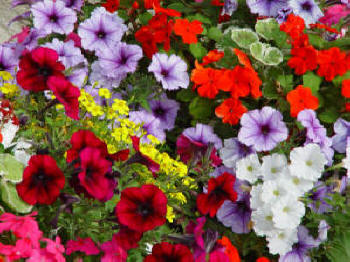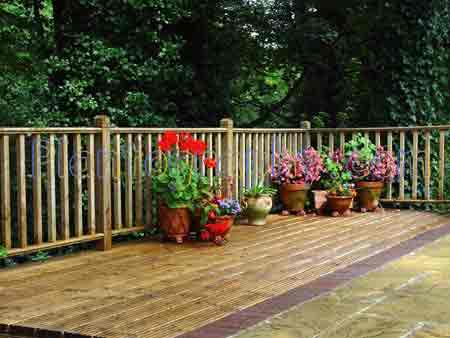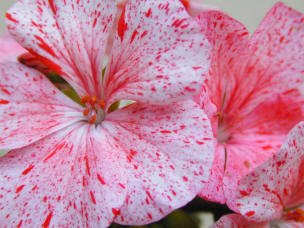Vermiculite for Garden Soils and Composts
Vermiculite has a multitude of uses for gardeners – as a soil additive or as a stand-alone medium for propagation and soil-less culture. By itself it has no food value; is completely inert. So what is vermiculite?
Vermiculite is a product that starts life as an open-cast mined silica ore. The end product that we use in gardening is an extremely light open-textured granule that has been heat treated from original ore to form a water-retentive granule with a layered flake makeup that is absorbent – holding moisture and nutrients within its structure.
Horticultural vermiculite as used in gardening can retain moisture and plant nutrients; it is totally non-toxic and is stable in that is does not rot or change form. Its open porous structure also means that it can retain air when used in potting compost or as garden soil improver. It does not have any reactive properties; is very lightweight; and can hold nutrients and soil water – releasing them as an when the plant requires.
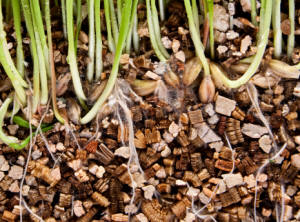
Vermiculite is often added to potting and other composts, but can also be used by itself in propagation of seeds and cuttings.
It is not a fertiliser or a garden chemical, simply being used for its very advantageous moisture retentive properties, and at the other end of the scale, the same material cam also open up heavy soil and improve their structure, also providing air down at root zone.
Potting Soils and Vermiculite
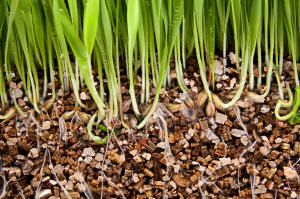 Some
potting soils are sold with Vermiculite as part of the mix. (It has the
added advantage of being very light when dry.) It is right t say that
all potting mixes can be improved with added Vermiculite; for it exceeds
the water holding capacity of even peat based compost and also holds on
to nutrient longer within its layered structure – until the plant roots
seek it out.
Some
potting soils are sold with Vermiculite as part of the mix. (It has the
added advantage of being very light when dry.) It is right t say that
all potting mixes can be improved with added Vermiculite; for it exceeds
the water holding capacity of even peat based compost and also holds on
to nutrient longer within its layered structure – until the plant roots
seek it out.
It can be used in most compost mixes for it starts life as having a near neutral PH level. However, the PH level can change over time – normally upwards – so extra care needs to be taken with ericaceous plants when used in composts.
Vermiculite for Plant Propagation – Seeds and Cuttings Composts
Vermiculite is an invaluable addition to seed and cutting mixes of compost, or can even be used by itself – particularly for rooting cuttings.
For seed composts it can be incorporated into the compost, or my preference is simply to surface sow all but the largest of seeds, with a fine layer of vermiculite applied as a surface dressing or once the seedlings have actually started to germinate. It is light enough to gently hold the seeds in close contact with the soil, but keeping moisture near the emerging roots during the early part of the germination process.
Within the seed compost mix, is allows the minute roots access to moisture and air, and also had good anchorage properties for the minute roots to take hold.
Cutting root much quicker; have a better establishment rate; and are easier to pot on without too much new root disturbance after rooting. Either add vermiculite to your cuttings compost – 50/50 is normally fine – or try difficult subjects just using Vermiculite alone. Be aware that you will need to start feeding as soon as the cuttings have rooted with a dilute liquid feed.
Houseplant Uses for Vermiculite
Vermiculite is particularly beneficial for houseplant compost because of it air retention; its holding of plant nutrients; and its ability to hold moisture. House plant composts regularly get depleted of nutrient because of the regular watering required. Adding vermiculite to the compost is a way to minimize watering whilst at the same time maintaining compost which is moist- yet not sodden. It is of course possible to over-water houseplants whatever the soil mix!
Vermiculite can also be used out in the garden.
Best Selling Gardening Products
Popular Gardening Sections
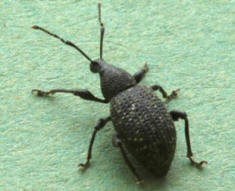
Problems
Identify Weeds in The Garden - How to deal with weeds. Diseases and Pest which harm your garden and plants, learn how to prevent, deter and erradicate your garden problems.
Garden Problems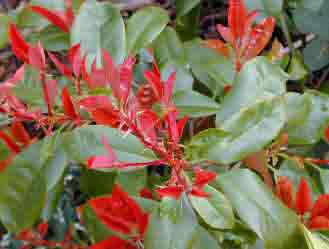
Pruning
Pruning Guide. Shrubs flower better with correct pruning. Many illustrations and examples of what to do - and when. Includes evergreens, roses, flowering shrubs, spring flowering shrubs and pruning for stem effect. This is our most viewed and comprehensive section,
Pruning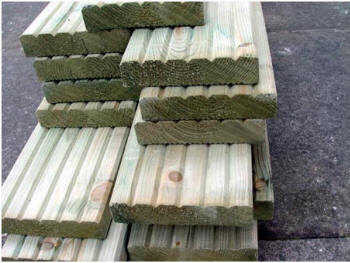
Gardening Businesses
Gardening Businesses listed in the UK counties and USA states. County and State Listings of businesses involved in Garden supplies and services. If you wish to be added to the Directory, please send us your information. Having problems, use the search box
Businesses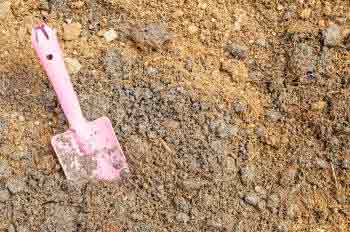
Gardening
In this section you will learn about Gardening Basics, Containers, Landscaping, Propagation and Soil.
Gardening
Gardening Gifts
Gardening Gifts and Reviews, Read Before you Buy
- Gardening Gifts Ideas
- Gifts For Her
- Gifts For Men
- Power Tool Gifts
- Cheap Gifts
- Personalised Gifts
- Wildlife Gifts
- Family Gifts
